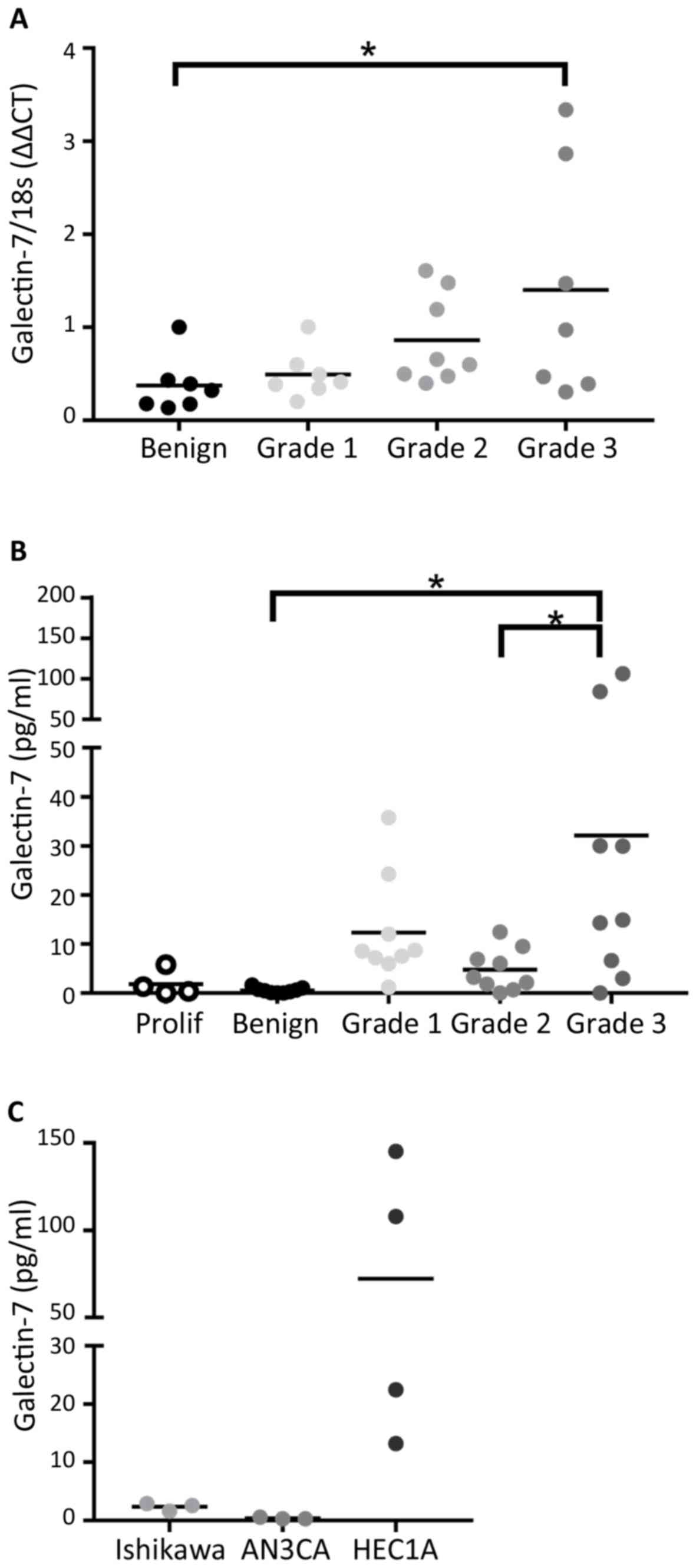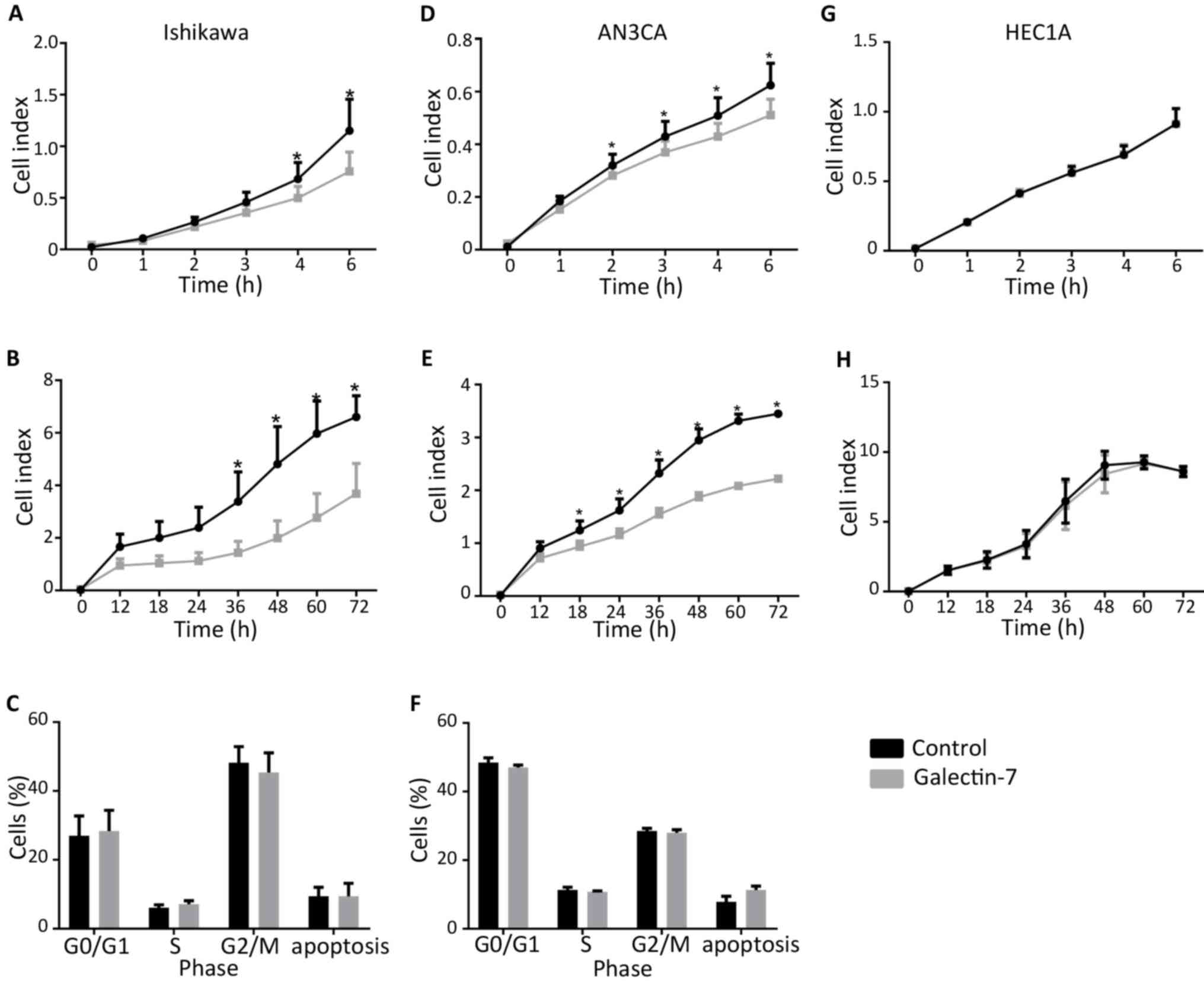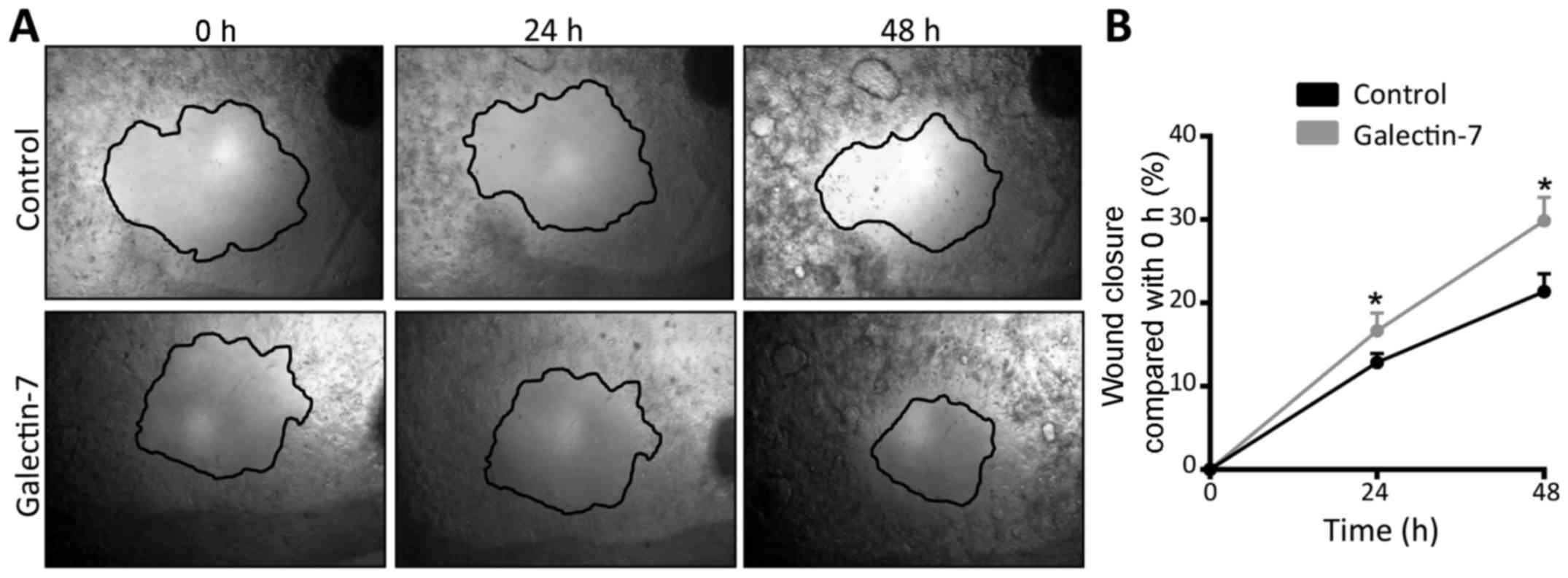|
1
|
Bray F, Ren JS, Masuyer E and Ferlay J:
Global estimates of global cancer prevalence for 27 sites in the
adult population in 2008. Int J Cancer. 132:1133–1145. 2013.
View Article : Google Scholar : PubMed/NCBI
|
|
2
|
Makker V, Green AK, Wenham RM, Mutch D,
Davidson B and Miller DS: New therapies for advanced, recurrent and
metastatic endometrial cancers. Gynecol Oncol Res Pract. 4:192017.
View Article : Google Scholar : PubMed/NCBI
|
|
3
|
Bilyk O, Coatham M, Jewer M and Postovit
LM: Epithelial-to-Mesenchymal transition in the female reproductive
tract: From normal function to disease pathology. Front Oncol.
7:1452017. View Article : Google Scholar : PubMed/NCBI
|
|
4
|
Di Cristofano A and Ellenson LH:
Endometrial Carcinoma. Annu Rev Pathol. 2:57–85. 2007. View Article : Google Scholar : PubMed/NCBI
|
|
5
|
Pecorelli S: Revised FIGO staging for
carcinoma of the vulva, cervix, and endometrium. Int J Gynaecol
Obstet. 105:103–104. 2009. View Article : Google Scholar : PubMed/NCBI
|
|
6
|
Elola MT, Wolfenstein-Todel C, Troncoso
MF, Vasta GR and Rabinovich GA: Galectins: Matricellular
glycan-binding proteins linking cell adhesion, migration and
survival. Cell Mol Life Sci. 64:1–1700. 2007. View Article : Google Scholar : PubMed/NCBI
|
|
7
|
Dubé-Delarosbil C and St-Pierre Y: The
emerging role of galectins in high-fatality cancers. Cell Mol Life
Sci. 75:1215–1226. 2018. View Article : Google Scholar : PubMed/NCBI
|
|
8
|
Kaur M, Kaur T, Kamboj SS and Singh J:
Roles of Galectin-7 in Cancer. Asian Pac J Cancer Prev. 17:455–461.
2016. View Article : Google Scholar : PubMed/NCBI
|
|
9
|
Lambropoulou M, Deftereou TE, Kynigopolos
S, Patsias A, Anagnostopoulos C, Alexiadis G, Kotini A, Tsaroucha
A, Nikolaidou C, Kiziridou A, et al: Co-expression of Galectin-3
and CRIP-1 in endometrial cancer: Prognostic value and patient
survial. Med Oncol. 33:82016. View Article : Google Scholar : PubMed/NCBI
|
|
10
|
Saussez S and Kiss R: Galectin-7. Cell Mol
Life Sci. 63:686–697. 2006. View Article : Google Scholar : PubMed/NCBI
|
|
11
|
Rabinovich GA and Toscano MA: Turning
‘sweet’ on immunity: Galectin-glycan interactions in immune
tolerance and inflammation. Nat Rev Immunol. 9:338–352. 2009.
View Article : Google Scholar : PubMed/NCBI
|
|
12
|
Cao Z, Said N, Amin S, Wu HK, Bruce A,
Garate M, Hsu DK, Kuwabara I, Liu FT and Panjwani N: Galectins-3
and −7, but not Galectin-1, play a role in re-epithelialization of
wounds. J Biol Chem. 277:42299–42305. 2002. View Article : Google Scholar : PubMed/NCBI
|
|
13
|
Cao Z, Said N, Wu HK, Kuwabara I, Liu FT
and Panjwani N: Galectin-7 as a potential mediator of corneal
epithelial cell migration. Arch Ophthalmol. 121:82–86. 2003.
View Article : Google Scholar : PubMed/NCBI
|
|
14
|
Evans J, Yap J, Gamage T, Salamonsen L,
Dimitriadis E and Menkhorst EM: Galectin-7 is important for nomal
uterine repair following menstruation. Mol Hum Reprod. 20:787–798.
2014. View Article : Google Scholar : PubMed/NCBI
|
|
15
|
Menkhorst EM, Gamage T, Cuman C,
Kaitu'u-Lino TJ, Tong S and Dimitriadis E: Galectin-7 acts as an
adhesion molecule during implantation and increased expression is
associated with miscarriage. Placenta. 35:195–201. 2014. View Article : Google Scholar : PubMed/NCBI
|
|
16
|
Demers M, Rose AA, Grosset AA, Biron-Pain
K, Gaboury L, Siegel PM and St-Pierre Y: Overexpression of
galectin-7, a myoepithelial cell marker, enhances spontaneous
metastasis of breast cancer cells. Am J Pathol. 176:3023–3031.
2010. View Article : Google Scholar : PubMed/NCBI
|
|
17
|
Schulz H, Schmoeckel E, Kuhn C, Hofmann S,
Mayr D, Mahner S and Jeschke U: Galectins-1, −3, and −7 are
prognostic markers for survival of ovarian cancer patients. Int J
Mol Sci. 18:E12302017. View Article : Google Scholar : PubMed/NCBI
|
|
18
|
Wang J, Liu Y, Yang Y, Xu Z, Zhang G, Liu
Z, Fu H, Wang Z, Liu H and Xu J: High expression of galectin-7
associates with poor overall survival of patients witn
non-metastatic clear-cell renal cell carcinoma. Oncotarget.
7:41986–41995. 2016.PubMed/NCBI
|
|
19
|
Labrie M, Vladoiu MC, Leclerc BG, Grosset
AA, Gaboury L, Stagg J and St-Pierre Y: A mutation in the
carbohydrate recognition domain drives a phenotypic switch in the
role of Galectin-7 in prostate cancer. PLoS ONE. 10:e01313072015.
View Article : Google Scholar : PubMed/NCBI
|
|
20
|
Kim SJ, Hwang JA, Ro JY, Lee YS and Chun
KH: Galectin-7 is epigenetically-regulated tumor supressor in
gastric cancer. Oncotarget. 4:1461–1471. 2013. View Article : Google Scholar : PubMed/NCBI
|
|
21
|
Ueda S, Kuwabara I and Liu FT: Suppression
of tumor growth by galectin-7 gene transfer. Cancer Res.
64:5672–5676. 2004. View Article : Google Scholar : PubMed/NCBI
|
|
22
|
Livak K and Schmittgen TD: Analysis of
relative gene expression data using real-time quantitative PCR and
the 2(-Delta DeltaC(T)) method. Methods. 25:402–408. 2001.
View Article : Google Scholar : PubMed/NCBI
|
|
23
|
Menkhorst EM, Koga K, Van Sinderen M and
Dimitriadis E: Galectin-7 serum levels are altered prior to the
onset of pre-eclampsia. Placenta. 35:281–285. 2014. View Article : Google Scholar : PubMed/NCBI
|
|
24
|
Winship AL, Van Sinderen M,
Heffernan-Marks A and Dimitriadis E: Chondroitin sulfate
proteoglycan protein is stimulated by interleukin 11 and promotes
endometrial epithelial cancer cell proliferation and migration. Int
J Oncol. 50:798–804. 2017. View Article : Google Scholar : PubMed/NCBI
|
|
25
|
Stefanowicz-Hajduk J, Adamska A,
Bartoszewski R and Ochocka JR: Reuse of E-plate cell sensor arrays
in the xCELLigence Real-Time Cell Analyzer. Biotechniques.
61:117–122. 2016. View Article : Google Scholar : PubMed/NCBI
|
|
26
|
Labrie M, Valdoiu MC, Grosset AA, Gaboury
L and St-Pierre Y: Expression and functions of galectin-7 in
ovarian cancer. Oncotarget. 5:7705–7721. 2014. View Article : Google Scholar : PubMed/NCBI
|
|
27
|
Park JE, Chang WY and Cho M: Induction of
matrix metalloproteinase-9 by galectin-7 through p38 MAPK signaling
in HeLa human cervical epithelial adenocarcinoma cells. Oncol Rep.
22:1373–1379. 2009.PubMed/NCBI
|
|
28
|
Yap J, Salamonsen LA, Jobling T, Nicholls
PK and Dimitriadis E: Interleukin 11 is upregulated in uterine
lavage and endometrial cancer cells in women with endometrial
carcinoma. Reprod Biol Endocrinol. 8:632010. View Article : Google Scholar : PubMed/NCBI
|
|
29
|
Winship AL, Van Sinderen M, Donoghue J,
Rainczuk K and Dimitriadis E: Targeting interleukin-11 receptor-α
impairs human endomterial cancer cell proliferation and invasion in
vitro and reduces tumor growth and metastasis in vivo Mol. Cancer
Ther. 15:1–730. 2016. View Article : Google Scholar
|
|
30
|
Campion CG, Labrie M, Lavoie G and
St-Pierre Y: Expression of galectin-7 is induced in breast cancer
cells by mutant p53. PLoS One. 8:e724682013. View Article : Google Scholar : PubMed/NCBI
|
|
31
|
Piulats JM, Guerra E, Gil-Martin M,
Roman-Canal B, Gatius S, Sanz-Pamplona R, Velasco A, Vidal A and
Matias-Guiu X: Molecular approaches for classifying endometrial
carcinoma. Gynecol Oncol. 145:200–207. 2017. View Article : Google Scholar : PubMed/NCBI
|
|
32
|
Demers M, Couillard J, Giglia-Mari G,
Magnaldo T and St-Pierre Y: Increased galectin-7 gene expression in
lymphoma cells is under the control of DNA methylation. Biochem
Biophys Res Commun. 387:425–429. 2009. View Article : Google Scholar : PubMed/NCBI
|
|
33
|
Bibens-Laulan N and St-Pierre Y:
Intracellular galectin-7 expression in cancer cell results from an
autocrine transcriptional mechanism and endocytosis of
extracellular galectin-7. PLoS ONE. 12:e01871942017. View Article : Google Scholar : PubMed/NCBI
|
|
34
|
Simmen FA, Su Y, Xiao R, Zeng Z and Simmen
RC: The Kruppel-like factor 9 (KLF9) network in HEC-1-A endometrial
carcinoma cells suggests the carcinogenic potential of
dys-regulated KLF9 expression. Reprod Biol Endocrinol. 6:412008.
View Article : Google Scholar : PubMed/NCBI
|
|
35
|
Miyake M, Hori S, Morizawa Y, Tatsumi Y,
Toritsuka M, Ohnishi S, Shimada K, Furuya H, Khadka VS, Deng Y, et
al: Collagen type IV alpha 1 (COL4A1) and collagen type XIII alpha
1 (COL13A1) produced in cancer cells promote tumor budding at the
invasion front in human urothelial carcinoma of the bladder.
Oncotarget. 8:36099–36114. 2017. View Article : Google Scholar : PubMed/NCBI
|
|
36
|
Kharma B, Baba T, Matsumura N, Kang HS,
Hamanishi J, Murakami R, McConechy MM, Leung S, Yamaguchi K, Hosoe
Y, et al: STAT1 drives tumor progression in serous papillary
endometrial cancer. Cancer Res. 74:6519–6530. 2014. View Article : Google Scholar : PubMed/NCBI
|
|
37
|
Kuessel L, Wenzl R, Proestling K,
Balendran S, Pateisky P, Yotova 1st, Yerlikaya G, Streubel B and
Husslein H: Soluble VCAM-1/soluble ICAM-1 ratio is a promising
biomarker for diagnosing endometriosis. Hum Reprod. 32:770–779.
2017.PubMed/NCBI
|
|
38
|
Vladoiu MC, Labrie M, Létourneau M,
Egesborg P, Gagné D, Billard É, Grosset AA, Doucet N, Chatenet D
and St-Pierre Y: Design of a peptidic inhibitor that targets the
dimer interface of a prototypic galectin. Oncotarget.
6:40970–40980. 2015. View Article : Google Scholar : PubMed/NCBI
|


















